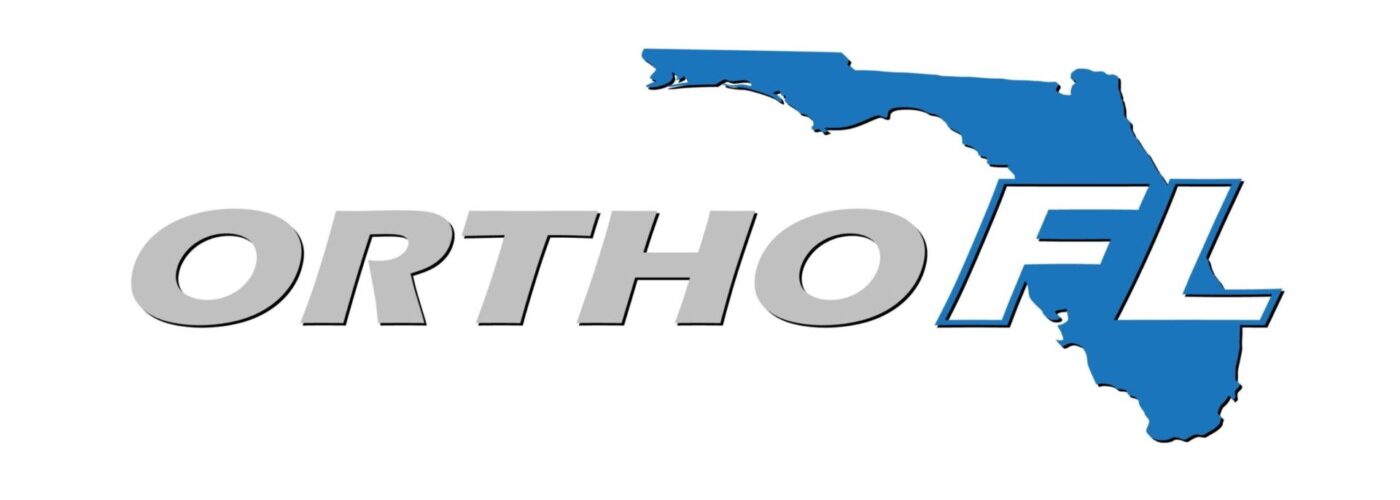
Essential Financial Planning for Starting Your Medical Practice
Starting your medical practice is an exciting but challenging endeavor that requires careful financial planning. It’s not just about providing medical care; it also involves establishing a business foundation to support your professional goals. Whether you’re considering a general practice or a specialized field like orthopedics, securing the right financing is crucial for covering startup costs such as office space, equipment, and staff salaries. Additionally, understanding the available financing options—such as loans, lines of credit, and investor partnerships—can help you navigate this complex landscape more effectively, ensuring your practice is set up for long-term success and sustainability. Proper financial planning also allows for more strategic decision-making, such as investing in advanced technologies or expanding services, which can enhance patient care and practice growth.
Traditional Bank Loans
Traditional bank loans are a popular choice for medical practice financing. They provide substantial funding for purchasing equipment, leasing office space, and covering initial operating costs. With typically lower interest rates, these loans favor those with solid credit histories and collateral. However, the application process can be stringent and time-consuming, requiring detailed financial records and business plans.
SBA Loans
The Small Business Administration (SBA) offers loans with favorable terms for new medical practices. These government-backed loans are particularly advantageous for physicians with limited credit history, as they often come with lower down payments and extended repayment periods. SBA loans can be used for various needs, from buying real estate to financing working capital. The main downside is the detailed and sometimes lengthy application process, which can be daunting for first-time applicants.
Healthcare-Specific Loans
Healthcare-specific loans cater to the unique needs of medical professionals. These loans can cover costs associated with purchasing specialized medical equipment, expanding facilities, or consolidating existing debts. Lenders offering these loans understand the healthcare industry, which can lead to more flexible terms and faster approval processes. This makes them an attractive option for those looking to start or expand an orthopedic practice, where the costs of specialized equipment can be high.
Equipment Leasing
Leasing medical equipment is an effective way to manage upfront costs. This option allows practices to use the latest technology without the significant initial expenditure, making it easier to keep up with advancements in medical equipment. While leasing can be more expensive over time compared to purchasing, it offers flexibility. It preserves cash flow, which is particularly beneficial for new practices that are still establishing financial stability.
Lines of Credit
A line of credit offers a flexible financing option that can be particularly useful for managing cash flow and covering unexpected expenses. Unlike a loan, a line of credit allows you to borrow as needed up to a specific limit, providing a safety net for short-term financial needs. This option is handy for new practices that may face variability in income as they build their patient base, giving you the reassurance that you can manage unexpected expenses.
Business Credit Cards
Business credit cards provide a convenient way to manage everyday expenses such as office supplies, utilities, and minor equipment purchases. Many business credit cards offer rewards programs, including cash back, travel points, or other benefits, which can be valuable for reducing operational costs. This convenience can help you manage your practice’s day-to-day expenses with ease, but remember to manage these cards carefully to avoid accumulating high-interest debt.
Private Investors and Partnerships
For some medical practices, securing funding through private investors or partnerships can be an effective strategy. This option involves bringing in individuals or entities that can provide capital in exchange for equity or a share of the profits. While this can significantly boost the financial capacity of a new practice, it also means sharing control and profits. Establishing clear agreements and understanding the implications of such partnerships is crucial, especially in specialized fields like orthopedic practice financing, where high initial investments are expected.
Grants and Incentives
Although less common, grants and incentives are available for medical practices, especially those offering innovative services or serving underserved areas. These funds do not require repayment, making them an ideal supplement to other financing methods. Grants can provide financial relief and support specific projects or expansions, such as introducing new treatment technologies or expanding service areas. However, these opportunities are often competitive and have strict eligibility criteria and reporting requirements.
Building a Strong Financial Foundation
Building a solid financial foundation for your medical practice is crucial to ensuring long-term success. This involves securing initial funding and setting up robust financial management systems. Implementing effective accounting practices, monitoring cash flow, and maintaining financial records are also essential. Understanding tax obligations and seeking professional advice can help optimize your monetary strategy, ensuring your practice remains profitable and compliant with regulations. This strong foundation will provide you with the security you need for your practice’s long-term success.
Exploring Alternative Funding Sources
Exploring alternative funding sources can provide additional capital for your practice in addition to traditional financing methods. Crowdfunding, for instance, allows you to raise small amounts of money from many people, often through online platforms. Peer-to-peer lending is another option, where individuals can borrow money directly from investors through specialized platforms. These alternative sources can benefit innovative or niche practices that may not fit traditional financing criteria. Understanding these options can help diversify your funding strategy and reduce reliance on conventional loans.
Navigating the landscape of medical practice financing requires a thorough understanding of the available options. Each financing method has advantages and considerations, from traditional loans and lines of credit to more specialized solutions like healthcare-specific loans and equipment leasing. Physicians can secure the funding necessary to build a successful and sustainable practice by carefully evaluating these options and planning strategically. Whether starting a general medical practice or venturing into orthopedic practice financing, a well-thought-out financial plan is critical to your long-term success. For personalized advice and support, contact Ortho Florida at (888) 488-4010.



